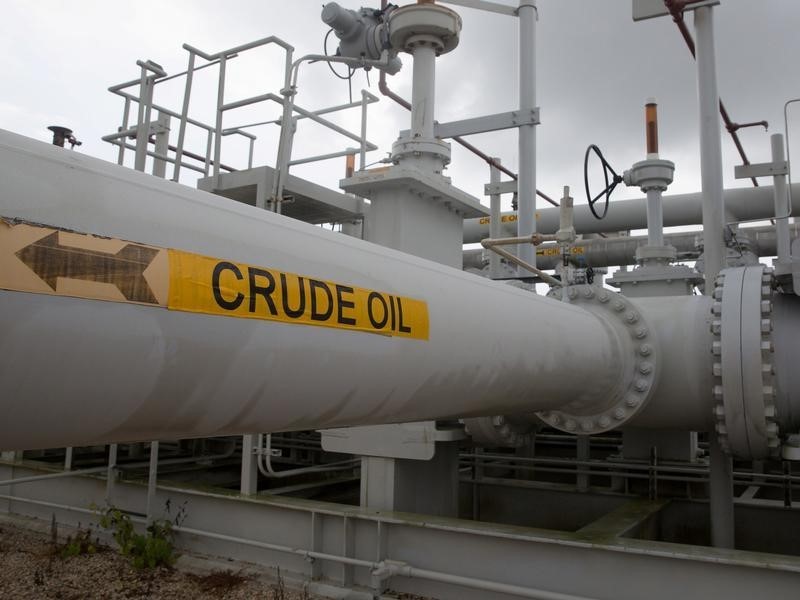By Ambar Warrick
Investing.com -- Oil prices fell slightly in early Asian trade on Tuesday after rallying in the prior session, as markets weighed the prospect of tighter near-term supply against growing political disruptions in parts of Europe.
Crude markets shot up on Monday after reports said that about 450,000 barrels per day, or 0.5% of global oil supply from Kurdistan was stopped after an arbitration case confirmed that Iraq’s consent was needed to ship the oil from Turkey. The move pointed to some disruptions in oil supplies over the near-term.
But on the other hand, major transport strikes in Germany and France pointed presented near-term headwinds to oil demand. This trend cut short an oil rally this week, and is likely to act as a weight on markets in the near-term.
Germany in particular saw public transport grind to a halt as increasing inflation saw calls for greater wages, in turn sparking walkouts by transport unions.
Brent oil futures fell 0.4% to $77.47 a barrel, while West Texas Intermediate crude futures fell 0.1% to $72.75 a barrel by 22:43 ET (02:43 GMT). Both contracts rallied between 4% and 5% on Monday.
Easing concerns of a banking crisis, following a government-brokered takeover of Silicon Valley Bank by peer First Citizens BancShares (NASDAQ:FCNCA) helped improve sentiment, as did a slew of assurances from regulators that the banking sector was stable.
A lack of bad news on U.S. banks over the past week helped bring concerns over a banking crisis to rest.
Weakness in the dollar also benefited oil prices this week, as weakening safe haven demand and expectations of a less-hawkish Federal Reserve dented the greenback. A weaker dollar supports crude demand by making oil cheaper for international buyers.
Still, oil prices were down nearly 10% so far this year, having sunk to 15-month lows earlier in March as markets feared that slowing economic growth will dent crude demand this year.
While a recovery in China is expected to push up crude consumption, initial economic readings from the country have painted a weak picture of crude demand. The country’s oil imports sank in the first two months of the year.
Crude markets are awaiting key Chinese business activity data due on Friday for more economic cues on the world’s largest oil importer. The country saw a sharp rebound in activity after the lifting of anti-COVID restrictions earlier this year.
But this has yet to translate into higher crude demand.
